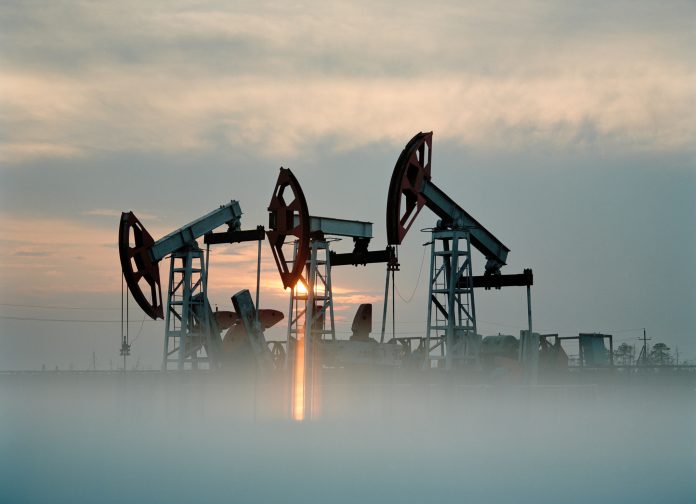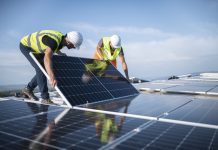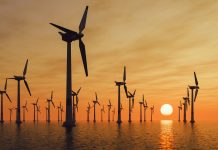Chris Darby, CTO and Co-Founder of ev.energy, argues that once the UK adjusts its relationship with energy, then it will reach its net zero targets
Over the past few months, the government’s drive to attain its net zero targets has been put on the back burner – owing to spiralling inflation and interest rates, plus the cost-of-living crisis. The distraction away from environmentalism has only been exacerbated with the National Grid’s recent warning of power outages. The energy crisis is very real – right here, right now.
While nobody wanted the UK to find itself in this position, it does at least force us to confront the matter by redefining our relationship with energy. The hope is that this will put us on course to a green revolution.
The UK’s energy sector
The Ukraine-Russia war has had huge implications for the entire energy sector. While the UK is less reliant on Russian gas than other European countries, Putin’s war has meant other nations, such as Germany which gets 55% of its gas from Russia, have started relying on alternative supply sources.
This has had a knock-on effect for the UK, which relies on gas more than the rest of Europe. We are facing supply issues and price hikes. This has even led the British government to moot the possibility of scheduled power outages – something not experienced since the 1970s.
If we do experience outages, vulnerable people and small businesses will be the hardest hit. We would be looking at personal suffering and serious economic damage whilst people are trying to bounce back from COVID-19.
Solutions to the energy shortage
Embracing renewable solutions, like solar, wind and hydropower, will not only help to tackle climate change but also help re-balance the grid and reduce the UK’s dependency on polluting energy sources. Renewables aren’t perfect – you need the sun to shine and the wind to blow to generate power – so we need to get smart about how we use energy too.
It’s crucial the UK diversifies its solutions and leans on a variety of green technologies and methods to combat the energy crisis and environmental issues, and eventually attain its proposed net zero targets. A major tool that must be put to use is smart charging.
EVs, smart charging and the energy crisis
Using data from 50,000 EV’s connected to ev.energy’s platform, we know that the average person plugs in their car between 4pm-7pm, leaves their car plugged in for over 12 hours, but only needs between one and three hours of charge at a time. Without acting smartly, we are taking power from the grid at the most congested time. Smart Charging automatically shifts charging to when demand is lower, and energy prices are cheaper – helping to ease the stress on the national grid and society.
Some smart charging technologies have expanded their offering even further. Customers can use their own renewable energy sources, such as solar power, to recharge their EVs instead of energy from the grid.
Smart charging solutions and renewable energy sources present forward-thinking, dynamic approaches to handling the energy crisis and tackling climate change, taking control of energy demand to match with less predictable renewable energy generation.
There are also cost-saving and income-generating opportunities that come with owning an EV. Smart charging technology can save drivers an average of £600 per year on their energy bill. Alongside this, some smart chargers allow drivers to sell their unused energy back to the grid. These cost-saving incentives could encourage more people to make the switch to EVs. The more people driving EVs, the less petrol and diesel cars will be on the road, bringing the UK even closer to reaching its net zero targets.
The energy crisis as an opportunity
The energy crisis is a great opportunity for us to solve the energy trilemma once and for all. By embracing a variety of different renewable solutions and green technologies we can have secure, cost-effective and low-carbon energy, and hit our net zero targets by 2050. The solutions are there – with proper uptake and continued investment, the path to net zero need not be an impossible one.











